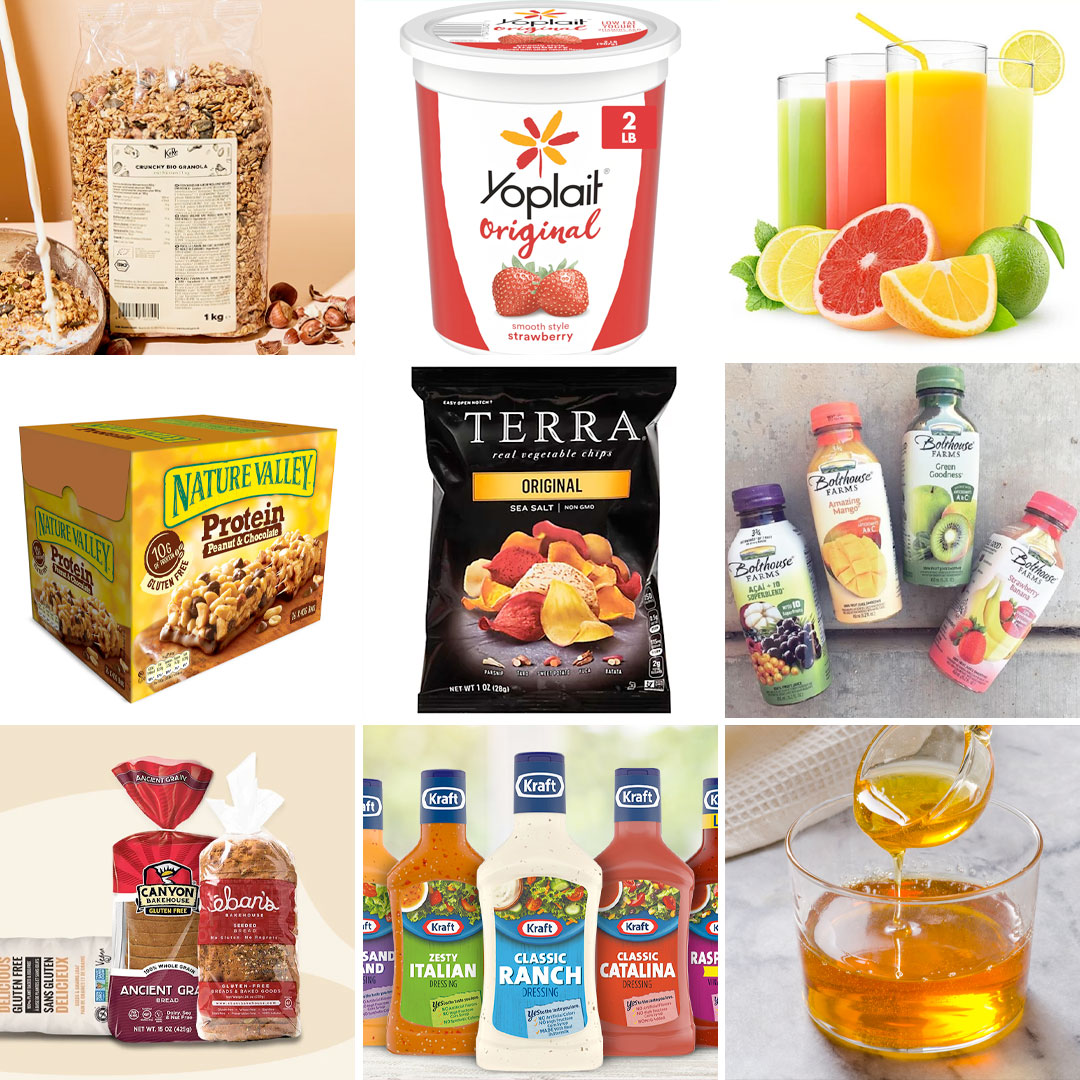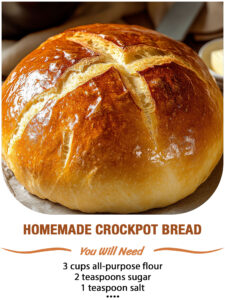Many foods are marketed as healthy but can be surprisingly high in sugar, unhealthy fats, or processed ingredients. Here’s a list of 20 popular “healthy” foods that might not be as good for you as they seem.
1. Granola
Often packed with sugar and oils, store-bought granola can be as calorie-dense as a dessert. Opt for homemade versions with nuts, seeds, and minimal sweeteners.
2. Flavored Yogurt
Many flavored yogurts contain as much sugar as a candy bar. Choose plain Greek yogurt and add fresh fruit for natural sweetness.
3. Fruit Juices
Even 100% fruit juice lacks fiber and has a high sugar content, leading to blood sugar spikes. Whole fruits are always a better choice.
4. Protein Bars
Many are filled with artificial sweeteners, unhealthy oils, and preservatives. Look for bars with minimal ingredients and no added sugars.
5. Vegetable Chips
Most veggie chips are fried and heavily salted, making them no healthier than regular potato chips. Opt for baked versions or homemade alternatives.
6. Store-Bought Smoothies
Pre-made smoothies often contain fruit juice, syrups, and high-calorie additives. Blend your own with whole fruits, vegetables, and unsweetened milk.
7. Gluten-Free Processed Foods
Gluten-free does not mean healthy. Many products contain refined starches and added sugars that can spike blood sugar levels.
8. Salad Dressings
Many bottled dressings contain unhealthy oils, sugar, and preservatives. Homemade dressings with olive oil and vinegar are a better option.
9. Agave Syrup
Despite its “natural” label, agave syrup is high in fructose, which can contribute to metabolic issues. Use raw honey or maple syrup in moderation.
10. Sushi Rolls
Many sushi rolls contain refined white rice, sugary sauces, and fried ingredients, making them high in calories and carbs. Choose simpler options like sashimi or brown rice rolls.
11. Trail Mix
ADVERTISEMENT
While nuts and dried fruits are healthy, many trail mixes contain chocolate, yogurt-covered raisins, and added sugars, making them a calorie bomb.
12. Instant Oatmeal
Flavored instant oatmeal packs often contain added sugars and artificial flavors. Opt for plain oats and sweeten naturally with fruit or cinnamon.
13. Whole Wheat Bread
Not all whole wheat bread is truly whole grain. Many contain refined flour, added sugars, and preservatives. Look for 100% whole grain bread with minimal ingredients.
14. Sports Drinks
Designed for intense athletes, these drinks are often unnecessary for casual exercisers and contain excessive sugar and artificial dyes. Stick to water or coconut water for hydration.
15. Plant-Based Meat Alternatives
While they offer a meat-free option, many plant-based burgers contain processed ingredients, refined oils, and high sodium levels. Choose whole-food-based alternatives like lentil or chickpea patties.
16. Low-Fat Products
Many low-fat foods compensate for lost flavor by adding sugar and artificial ingredients. Full-fat versions in moderation can be healthier and more satisfying.
17. Flavored Nut Milks
Almond, oat, and soy milks can be healthy, but flavored versions often have added sugars and gums. Choose unsweetened varieties.
18. Energy Drinks
Even “natural” energy drinks can be loaded with caffeine, artificial sweeteners, and sugar, which may cause crashes and affect heart health.
19. Fruit-Based Snacks
Many fruit leathers and dried fruit snacks contain added sugars and preservatives, making them less healthy than fresh fruit.
20. Acai Bowls
While acai itself is a superfood, many acai bowls are loaded with sugary granola, honey, and fruit juice, turning them into a high-calorie treat.
Conclusion
Not all foods labeled as “healthy” are truly beneficial. Reading ingredient labels, avoiding processed versions, and choosing whole foods can help you make better choices for a nutritious diet.


